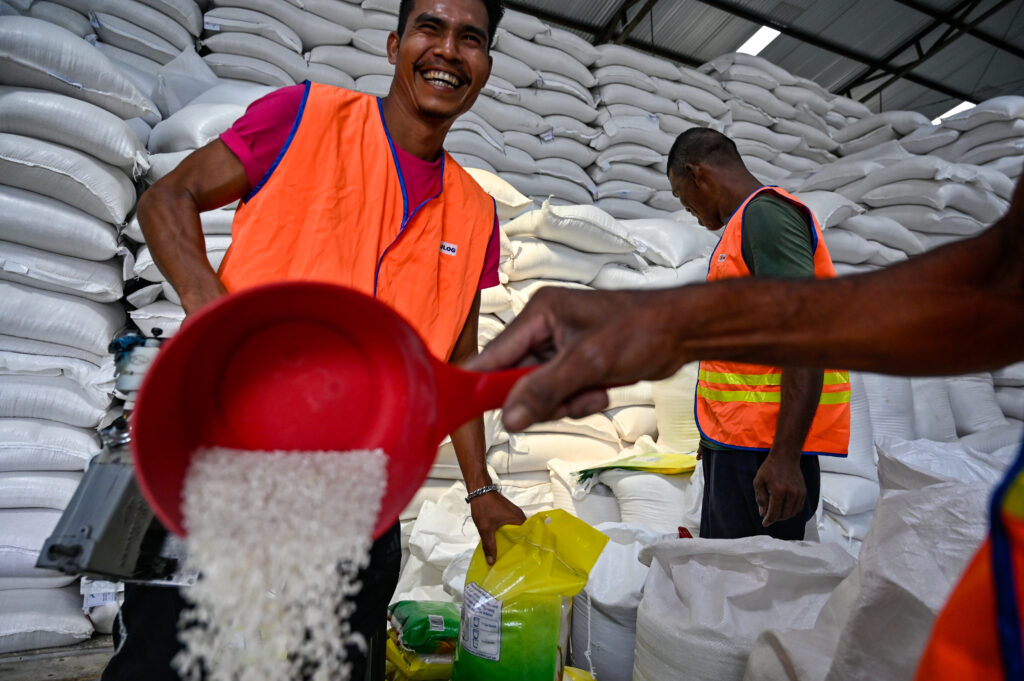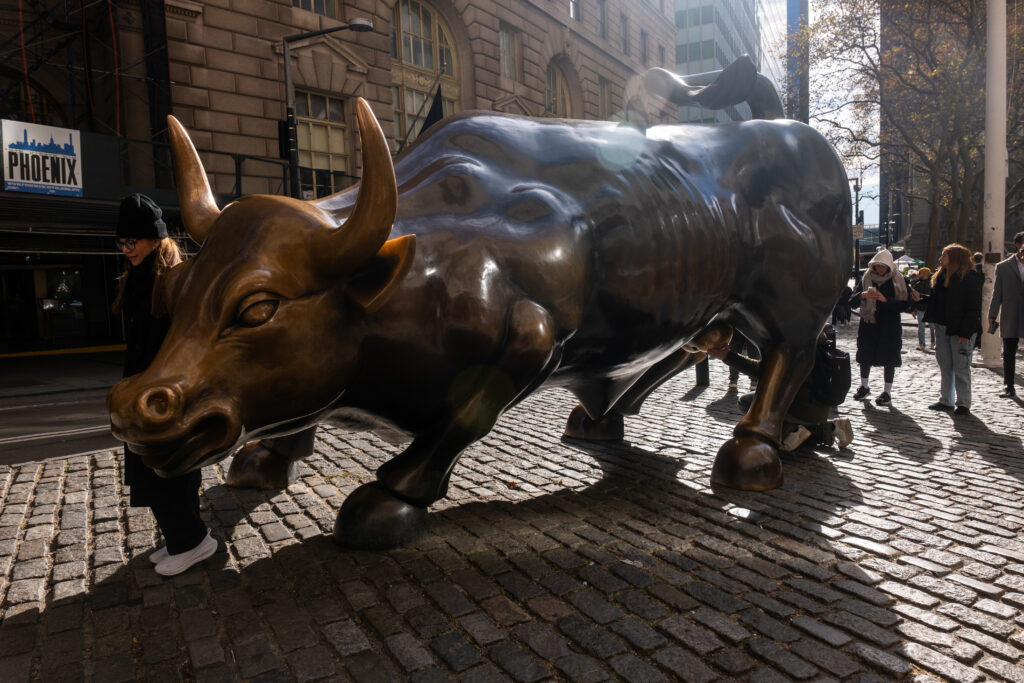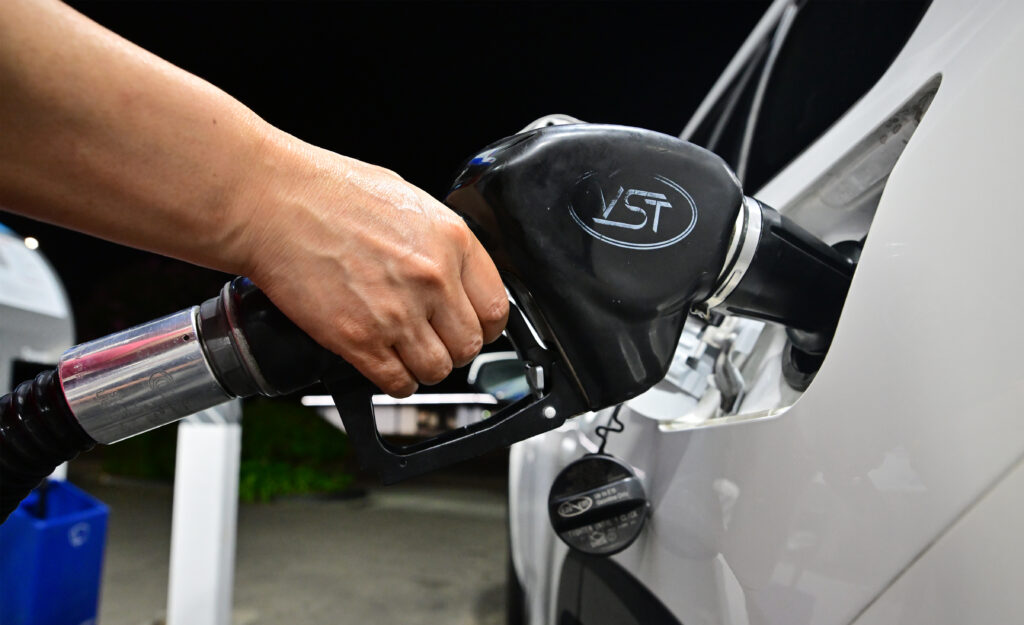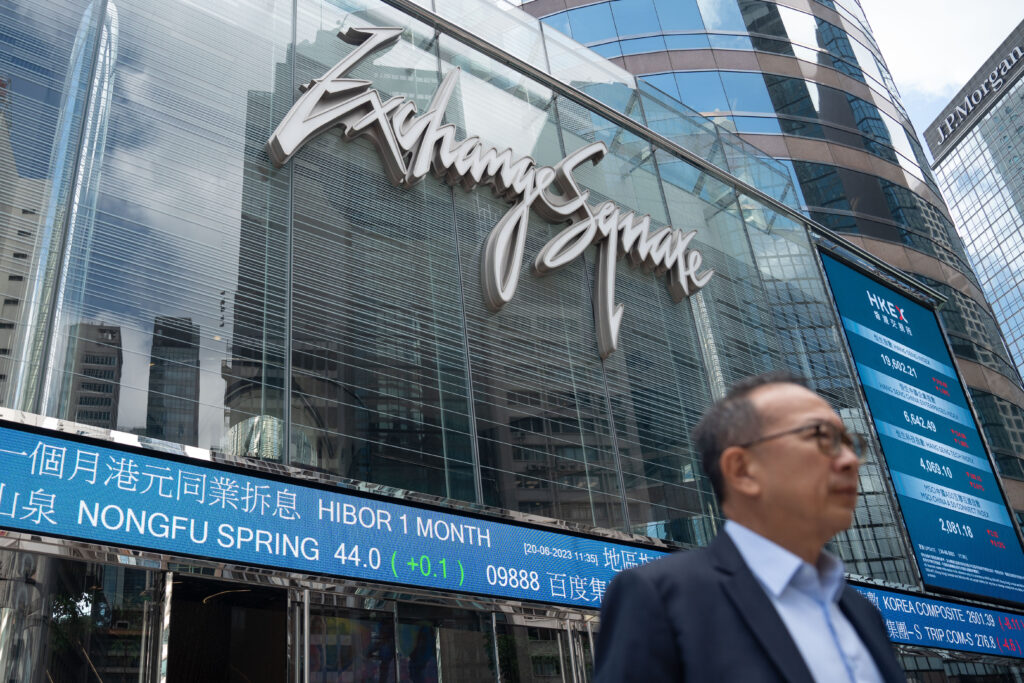Oil wavers as Trump flags Venezuela shipments, US seizes tankers
Oil prices wavered Wednesday after President Donald Trump said Venezuela would turn over millions of barrels to the United States and seized a Russian-flagged oil tanker.Meanwhile equities continued a record-breaking start to the year.Crude has seen wild swings since Trump ordered the toppling of Nicolas Maduro, his counterpart in Caracas, on Saturday and said Washington would run the country while demanding “total access” to its oil.Both main oil contracts dropped on Wednesday, having already lost ground Tuesday, after Trump announced the latest development.”The Interim Authorities in Venezuela will be turning over between 30 and 50 MILLION Barrels of High Quality, Sanctioned Oil, to the United States of America,” he wrote on his Truth Social platform.”This oil will be sold at its market price, and that money will be controlled by me, as President of the United States of America, to ensure it is used to benefit the people of Venezuela and the United States.”Analysts said the shipments lowered the risk that Caracas would have to cut output owing to its limited storage capacity, easing supply concerns.But they added that the outlook for the commodity pointed to lower prices, as the market remains well stocked after OPEC+ agreed to boost output.Venezuela sits on about a fifth of the world’s oil reserves, but observers pointed out that a quick ramp-up of output would be hamstrung by several issues including its creaking infrastructure, low prices and political uncertainty.But crude prices briefly picked up as US forces seized a Russian-flagged oil tanker in the North Atlantic for alleged sanctions violations, raising supply concerns.US forces said they also seized another tanker in the Caribbean.In equities trading, the Dow and S&P 500 edged higher from record closes on Tuesday as trading got underway on Wall Street.”The bull market carries on in spite of the geopolitical drama and notwithstanding a possible Supreme Court ruling this Friday on President Trump’s tariff authority,” said Briefing.com analyst Patrick O’Hare.”In short, there is a lot of sound and fury in the background, but in the foreground is a stock market that has kept calm and carried on,” he added.In Europe, Frankfurt hit a record high above 25,000 points.Paris traded flat and London slid from a record high set on Tuesday as lower oil prices dragged on British heavyweights BP and Shell, which were both down more than three percent. Equity markets have had a strong start to the year thanks to the relentless rush into all things artificial intelligence.Shares in Netflix rose more than one percent as trading got underway in New York after the board of Warner Bros. Discovery urged shareholders to reject an improved hostile takeover bid by rival Paramount, saying it was still inferior to Netflix’s offer.Shares in Warner Bros. dipped while Paramount shares wobbled.- Key figures at around 1430 GMT – West Texas Intermediate: DOWN 0.8 percent at $56.70 per barrelBrent North Sea Crude: DOWN 0.3 percent at $60.51 per barrelNew York – Dow: UP 0.2 percent at 49,573.77 pointsNew York – S&P 500: UP less than 0.1 percent at 6,949.46New York – Nasdaq Composite: FLAT percent at 23,547.02 London – FTSE 100: DOWN 0.8 percent at 10,045.35Paris – CAC 40: FLAT at 8,236.88Frankfurt – DAX: UP 0.8 percent at 25,100.52Tokyo – Nikkei 225: DOWN 1.1 percent at 51,961.98 (close)Hong Kong – Hang Seng Index: DOWN 0.9 percent at 26,458.95 (close)Shanghai – Composite: UP 0.1 percent at 4,085.77 (close)Euro/dollar: DOWN at $1.1691 from $1.1693 on TuesdayPound/dollar: DOWN at $1.3488 from $1.3503 Dollar/yen: DOWN at 156.51 yen from 156.59 yenEuro/pound: UP at 86.68 pence from 86.58 penceburs-rl/js





